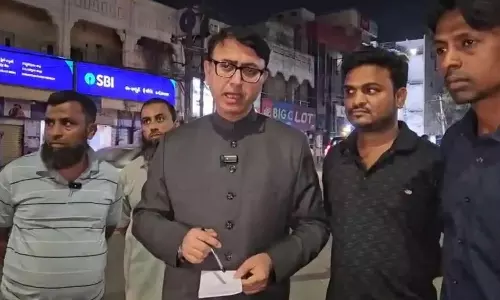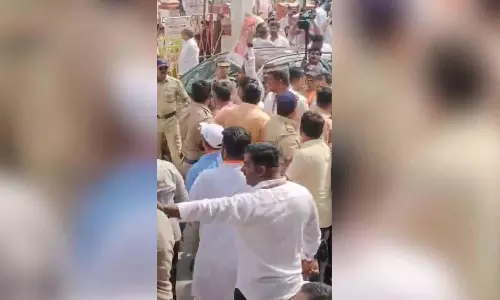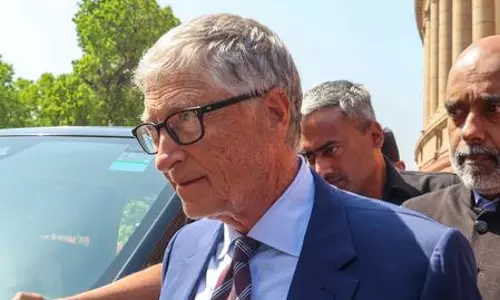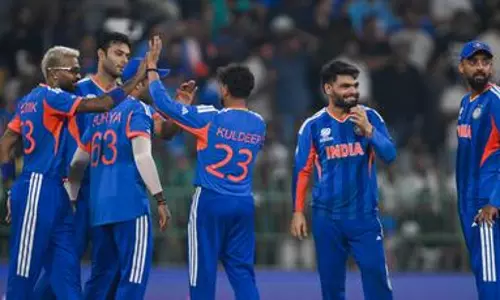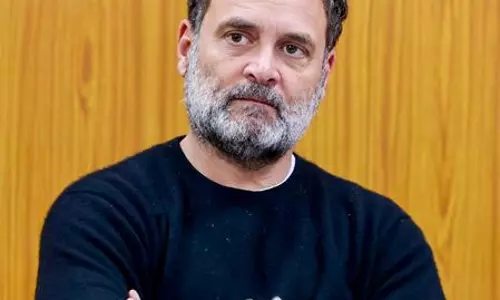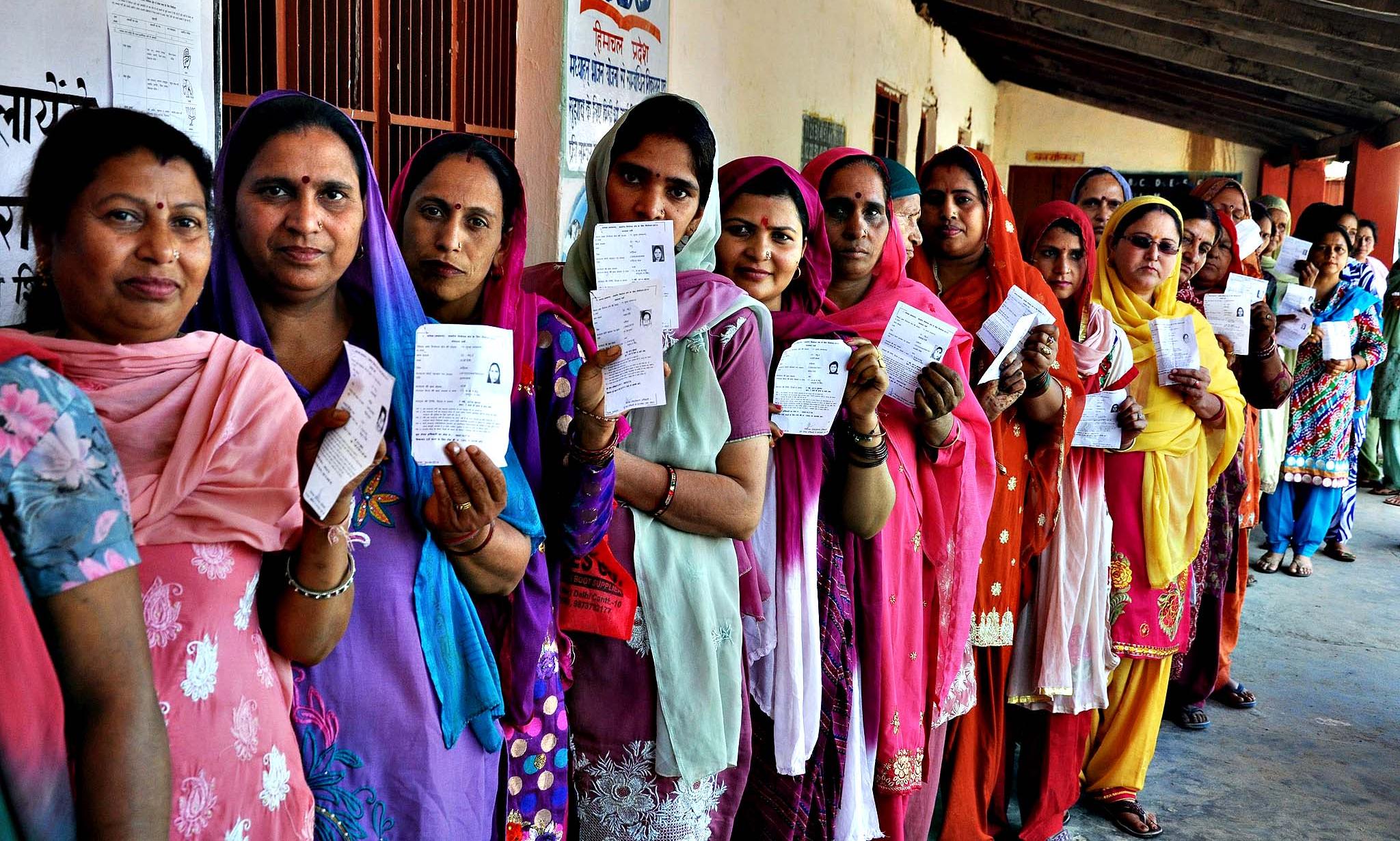
How the Election Commission defeated the people
text_fieldsMeham, a nondescript village in Haryana, came to be known to the rest of India including Malayalis for the shocking booth capture and related attacks during the by-election on February 27, 1990. That day, Haryana Chief Minister Om Prakash Chautala, son of former Deputy Prime Minister Chaudhary Devi Lal, a pioneering leader of Lok Dal politics, was contesting the election and his party workers unleashed horrendous attacks hijacking the voting process. The incident turned out to be an indelible stain on Indian democracy and the election was subsequently cancelled. The humiliating attacks on democracies happening at places in the country during the Lok Sabha polls have called to mind the incidents at Maham thirty four years ago. Candidates' applications were either rejected or got withdrawn in more than one constituencies in ways favouring the country’s ruling party; weeks before official declaration was to come, the BJP candidate for the Surat constituency was declared the winner. It is reported that the candidate contesting against the Prime Minister was made invalid and top police official reportedly threatened those who campaigning for the candidate running against Home Minister. Complaints about removing Dalit and Muslim voters from the list were reported in BJP strongholds and places where the party is facing tough challenge.
Where the incidents described above including the horrendous violation of model code of conduct by campaigning along communal lines promoting hate were taking place outside polling booths, on the polling day incidents reminiscent of erstwhile Meham took place inside booths. At a booth in Farrukhabad Lok Sabha seat in UP, the minor son of a BJP village headman, grabbed voters' slips and voted eight times for his favorite party symbol, the lotus, and recorded himself on video. The policeman, responsible for conducting the polling smoothly, also helped the subversive activity. The Election Commission declared re-polling at the booth only days later when the video was leaked out, causing outrage. The BJP candidate for the Hyderabad constituency created ruckus in some booths asking women wearing hijab to remove their veils, which do not come under the purview of a candidate.
The police filed a case, thanks to the state not being ruled by the BJP, for trying to exert undue influence, obstructing official duties and trying to create trouble between different communities. The things took place during voting in Beed Lok Sabha constituency in Maharashtra are beyond all these. At a booth set up in a school in Parli town of the constituency, voters were threatened and sent back after marking ink on their fingers without allowing them to touch the voting machine. Some others polled their votes on their behalf. Polling agents who objected to booth encroachment were beaten up. In his complaint to the Election Commission, NCP (Sharadpawar faction) leader Bajarang Sonawane had alleged similar incidents having taken place in 33 villages of Parli assembly constituency and more than one village of Kaij and Majalgaon constituencies. Footage of polling tampering was also sent to the commission. However, the commission took at face value the report of the Beed district collector claiming that booth grabbing had not been proved and re-polling was not necessary. Sad to say, the Collector gave the report without even checking the footage of the webcast in the booths. In short, it cannot be said that free or fair voting took place here. While most of the mainstream media glossed over the incidents, the footage captured by people and civil rights groups continues to bring truth to the world. The weeks-long general election will conclude on June 1 and counting of votes taking place on the 4th. Regardless of the outcome of the election, the criminal bias and indifference of the Central Election Commission as if it were an ally of the ruling party will remain a scar on democratic India. This damage and pain will not simply disappear.




